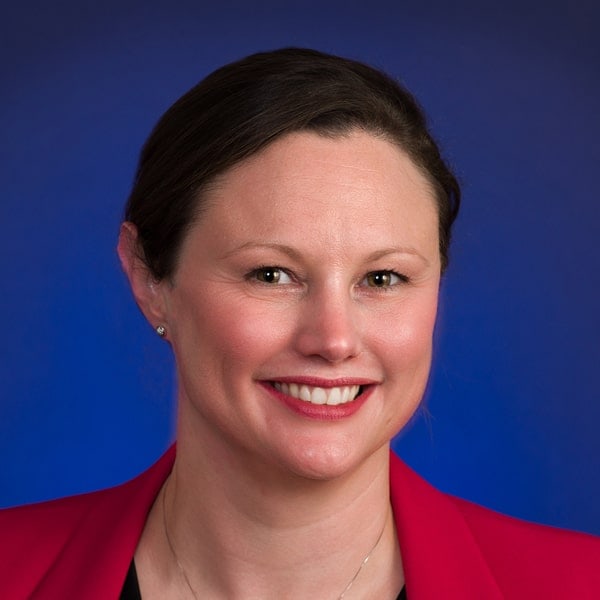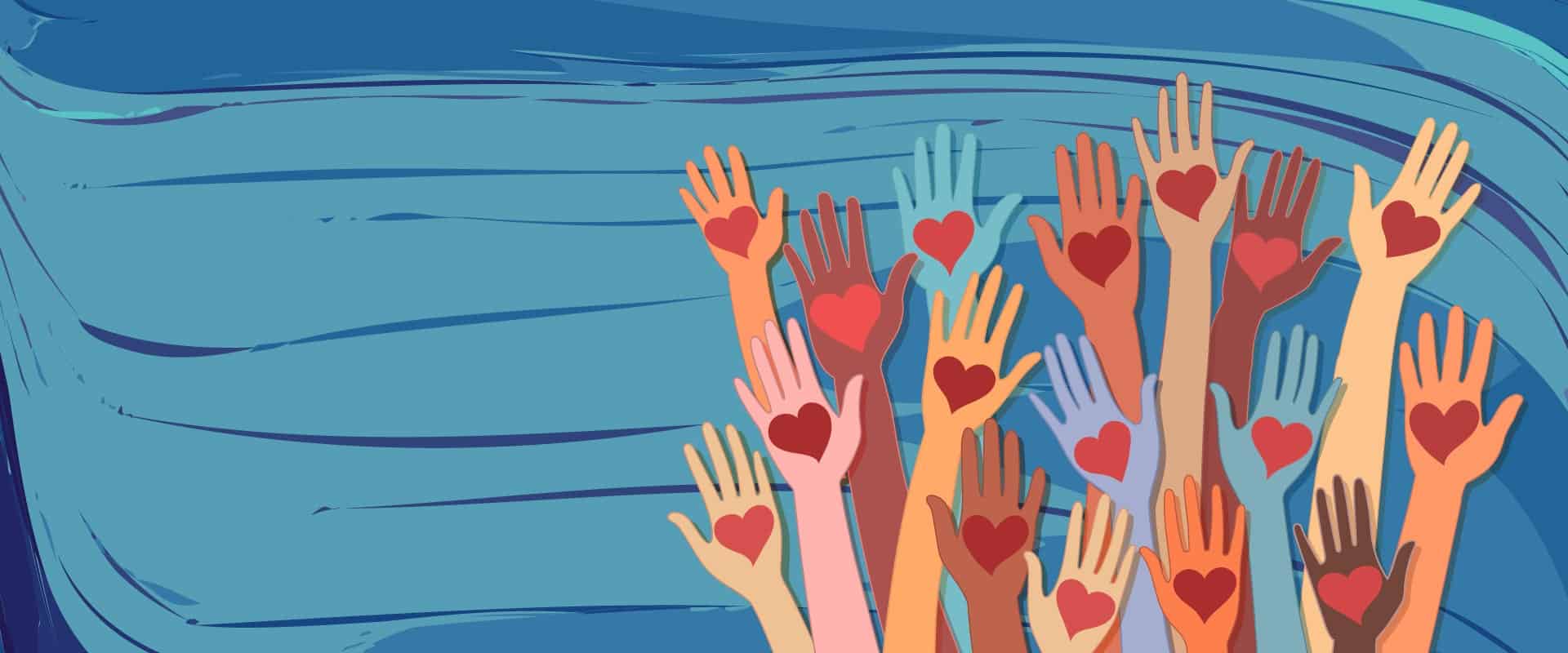By Virginia Ramachandran
This article is a part of the November/December, Volume 34, Number 6, Audiology Today issue.
My son, Nathan, contacted me recently for help. His undergraduate English professor had given him an assignment to examine and create a website about the discourse community of a profession. Imagine my surprise and flattery when he realized for the first time that “Mom” might actually know something about the job she has been doing for his entire life. It was a pleasant moment.

President | American Academy of Audiology
Of course, I had no idea what he was talking about, but a quick perusal online helped me to learn that linguist John Swales defined discourse communities as “groups that have goals or purposes and use communication to achieve these goals.” Members of a profession naturally share these characteristics, and the assignment was fundamentally to understand a chosen profession by examining its communications (Swales, 1987).
Nathan described the types of communications he and his classmates had been tasked with examining. He began listing the materials, “textbooks, research journals, professional magazines, professional guidelines, codes of ethics, and websites of professional organizations….” In my head, I started to think “please don’t say Facebook, please don’t say Facebook”…e-mail communications, oral presentations, videos, blogs, mainstream media, and…social media.” Ugh.
So, I shared access to resources for him to explore. I gathered some of my favorite textbooks and articles. I shared links to the websites of professional organizations and the journals, magazines, guidelines, codes of ethics, and media shared within. He used Google to find out all about the many recent media stories that referenced our profession (thank you, OTC). And then I took a deep breath and handed him my phone, opened to my Facebook feed.
I have not yet seen the takeaways that he will have at the end of the assignment, but I am a bit worried. We have so much to be proud of in our profession. The components that characterize our profession—our in-depth education, our significant body of research and sharing of knowledge, the hard work and dedication of the volunteers in our organizations, the values that we share of professional ethics and integrity, the high expectations we hold for clinical practice, the professional collegiality we have with one another and our health-care partners, and the depth of compassion that we have for our patients—these are all well represented in nearly every aspect of our professional discourse.
Except one.
There are numerous potential benefits to the use of social media. I believe that our professional interactions are nearly always well-intentioned, and most of the sharing is beneficial to our goals. But destructive content does exist, and in my view, it is a violation of the values of civility and trust that are the cornerstone of professionalism. This is not unique to us. The issues are societal and beyond our ability as individuals or even as a profession to meaningfully control. But every one of us has our own sphere of influence regarding how we engage with it and what to tolerate, just as we do for any other social interaction.
There is no clear path forward about how to get the best out of social media forums. If you do engage, I would encourage you to look at what you are reading through the eyes of a 20-year-old learning about us as a profession or through the eyes of a health-care partner, a reporter, a politician, or a patient or their family. What would your takeaways be? And after you answer that for yourself, what can we do to make our professional world better in this sphere?
I would love to hear your thoughts and suggestions about how to do it all better, so please reach out and share (virginia.ramachandran@gmail.com).
Virginia Ramachandran, AuD, PhD
President | American Academy of Audiology
References
Swales J. (1987) Approaching the concept of discourse community. Paper presented at the 38th Annual Meeting of the Conference on College Composition and Communication (Atlanta, GA, March 19–21, 1987). https://files.eric.ed.gov/fulltext/ED286184.pdf (accessed September 14, 2022).


